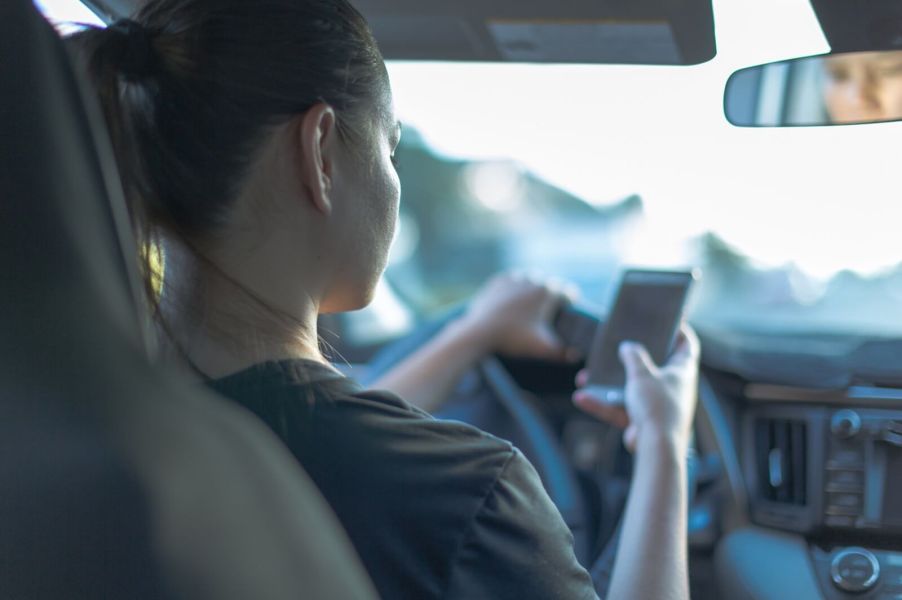
Fewer teenage drivers are hitting the road, and that’s a good thing
Teenage drivers get a bad rap. They’re often the butt of jokes made by older drivers about everything from distracted driving to silly jests about modern music. However, there’s a grain of truth to the jokes about the follies of youth, especially when it comes to driving.
Would-be teenage drivers are opting for mobility alternatives to buying a car, but that could mean fewer preventable accidents
Not every teenage driver is dangerous. Frankly, a properly-taught teenager with a safety-first mindset could be just as dependable on the road as their older counterparts. However, the statistics don’t paint teenage drivers in the best of lights.
According to ConsumerAffairs, teenagers make up around 3.7% of licensed motorists in the United States. Still, despite being in the minority of driver demographics, teens account for about 9.1% of crashes. Even more tragically, teen motorists account for around 6.1% of fatal collisions. Unfortunately, it’s a disproportionate share of the carnage.
In 2022, 3,212 fatal crashes involved young drivers between the ages of 16 and 19. Paring down to more specific demographics, young male drivers are much more likely to be in a fatal crash than female teens. Specifically, male teen drivers are more than 120% more likely to be in a fatal crash than their female counterparts.
However, and to their credit, many would-be teen motorists are opting for mobility alternatives. As of 2021, 40% of teens between the ages of 16 and 19 had licenses, per The Hill. Shockingly that figure is down 24% since 1995.
Instead, many young people are opting for alternatives like public transportation and rides with family members. Moreover, potential motorists have access to newer alternatives than they did a couple of decades ago. And good on them, too; Generation Z is more environmentally conscious than
For instance, urban commuters can use e-bikes, electric scooters, and small electric devices to cover distance. Additionally, the advent of rideshare services provides young people with yet another alternative to getting licensed and buying, insuring, and maintaining a car.



